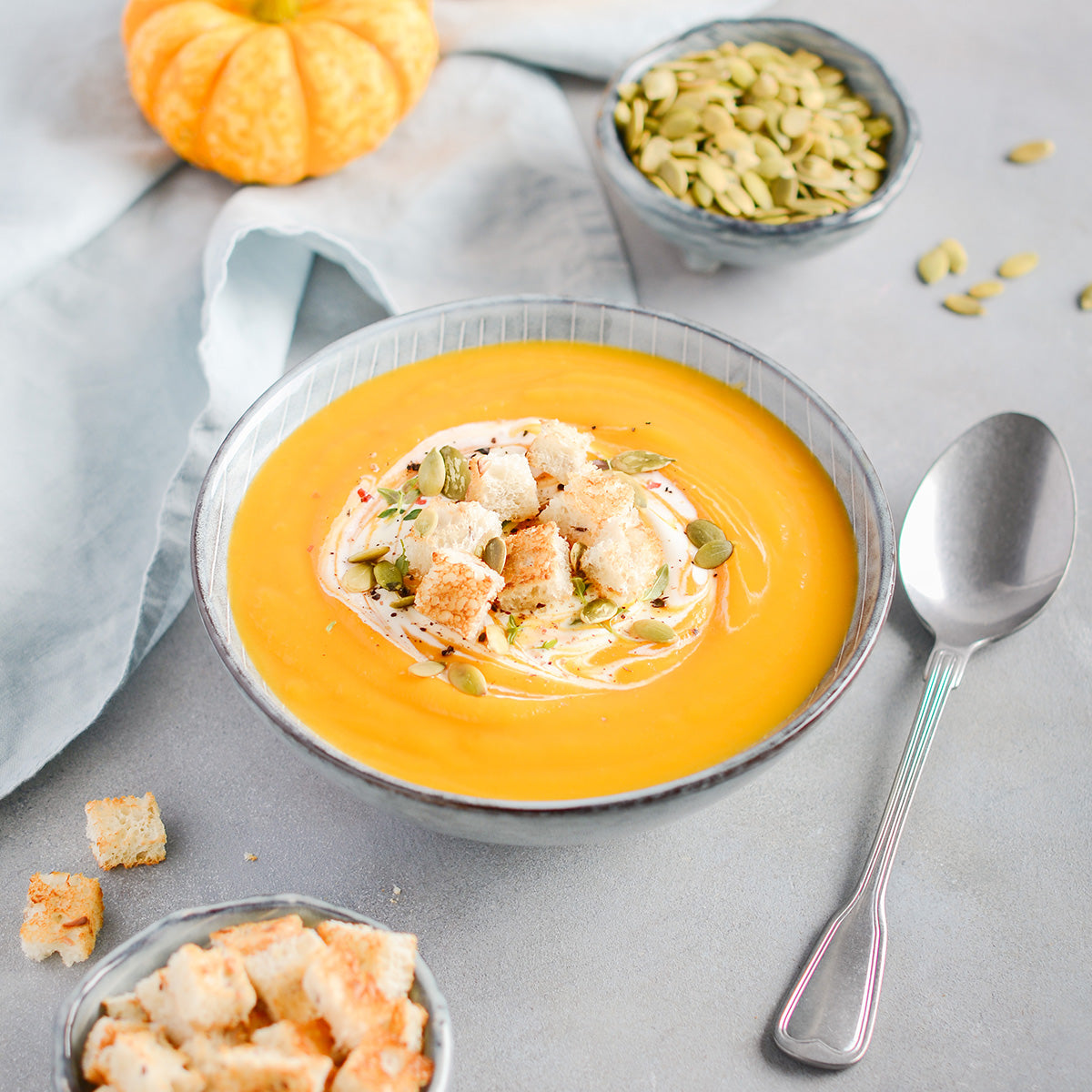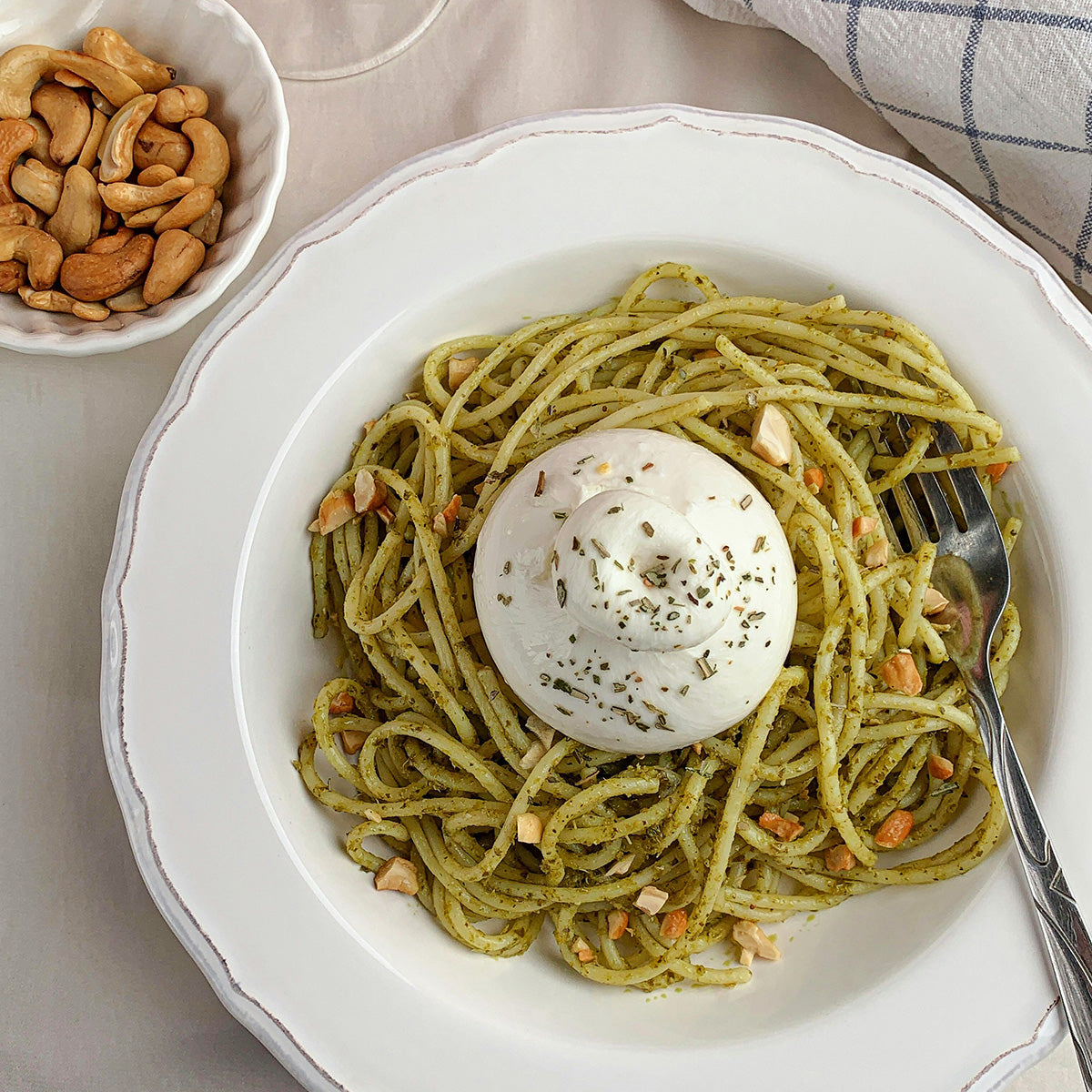
EVER WONDER IF CHOMPING ON RAW VEGGIES IS THE KEY TO HEALTH, OR IF A LITTLE FIRE UNDER THE POT IS ACTUALLY BETTER FOR YOU? LET’S DIVE INTO THE JUICY DETAILS OF RAW VS COOKED FOODS.
Why the Raw Hype?
The belief that raw food is healthier comes from the idea that cooking can destroy essential nutrients and enzymes. People think raw foods are closer to their natural state and therefore packed with more goodness. While it's true that heat can degrade certain vitamins, like Vitamin C, it’s not the case for all foods. Some foods actually become more nutritious when cooked. For instance, cooking tomatoes ramps up their lycopene content, a powerful antioxidant that fights free radicals. A study from the Journal of Agricultural and Food Chemistry states, "Heating tomatoes significantly increases their total antioxidant activity, particularly due to the increase in bioavailability of lycopene."
Nutritional Profile: Raw vs Cooked
Cooking changes the nutritional profile of foods, sometimes for the better. Heat can break down tough cell walls, making it easier for our bodies to absorb nutrients. Take carrots, for example. Cooking them boosts the availability of beta-carotene, a precursor to Vitamin A. Additionally, cooking kills off harmful bacteria, making food safer to eat. According to the Journal of Food Science, "Thermal processing can increase the levels of certain nutrients, such as the conversion of beta-carotene in carrots and squash into more bioavailable forms."
The Raw-Food Diet: Safe or Sorry?
Going all-in on a raw-food diet can be safe, but it’s not without its challenges. The major concern is missing out on nutrients that are more available in cooked foods. For instance, Vitamin B12, iron, and protein are more accessible in cooked animal products. Moreover, raw diets can be tough on the digestive system and require a lot of chewing, which can lead to nutrient deficiencies over time. Cooking also kills harmful bacteria, reducing the risk of foodborne illnesses. A review in the American Journal of Clinical Nutrition explains, "While raw food diets are high in fiber and low in calories, they can lack essential nutrients, leading to potential deficiencies if not well planned."
Weight Loss with Raw Foods
Can eating raw help you shed pounds? Yes, a raw food diet can aid in weight loss due to its high fiber and low-calorie content. Raw foods are less energy-dense, meaning you can eat larger volumes without packing on the calories. However, weight loss is about balance, portion control, and overall lifestyle. So while munching on raw veggies can help trim your waistline, ensure you're getting a balanced diet to cover all your nutritional bases.
TL;DR
The raw vs cooked debate isn’t about picking sides but finding a balance. Some nutrients thrive with a bit of heat, while others are better in their raw form. Both have their place in a healthy diet, and understanding this balance is key to making the best choices for your health.






